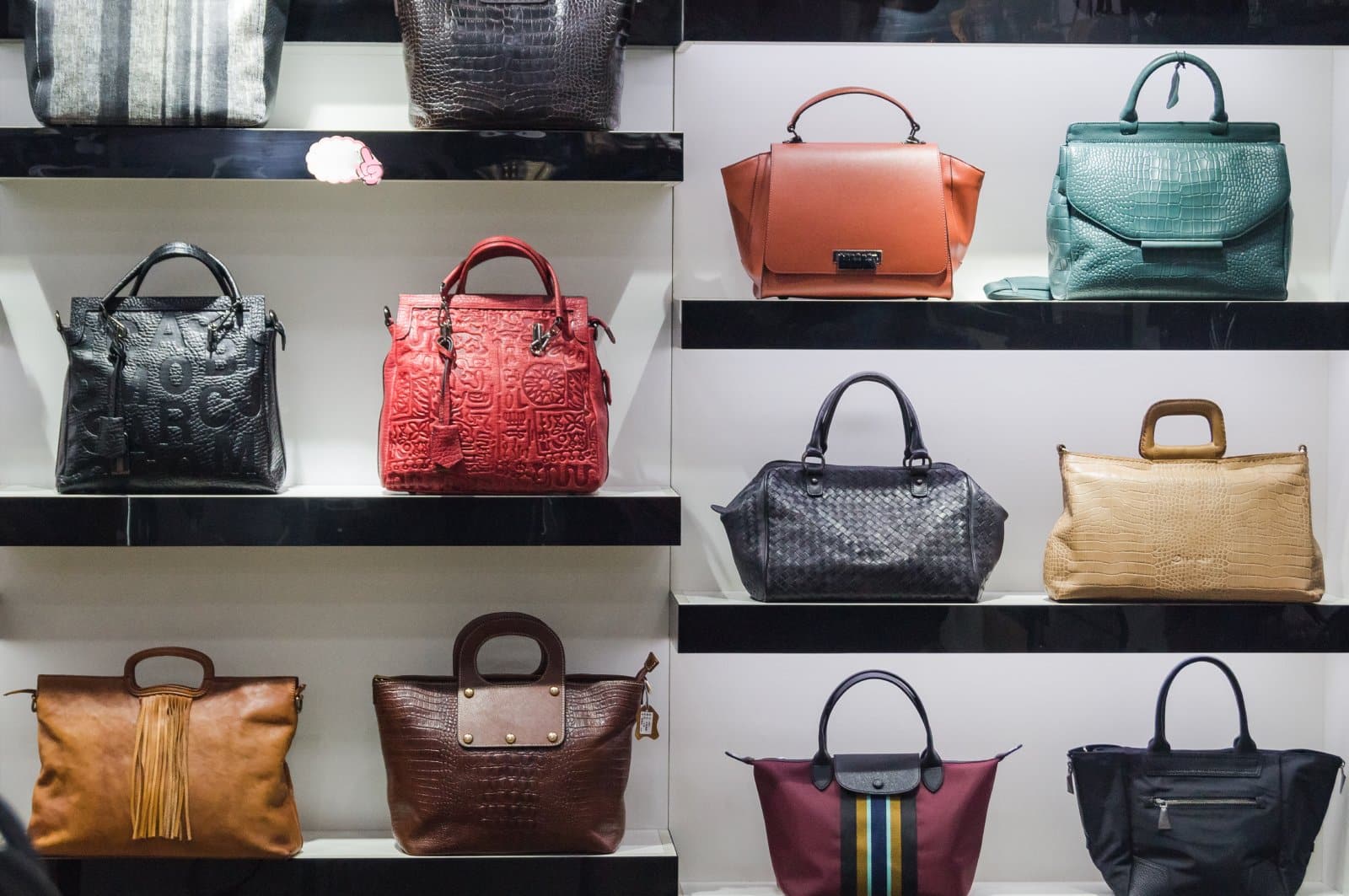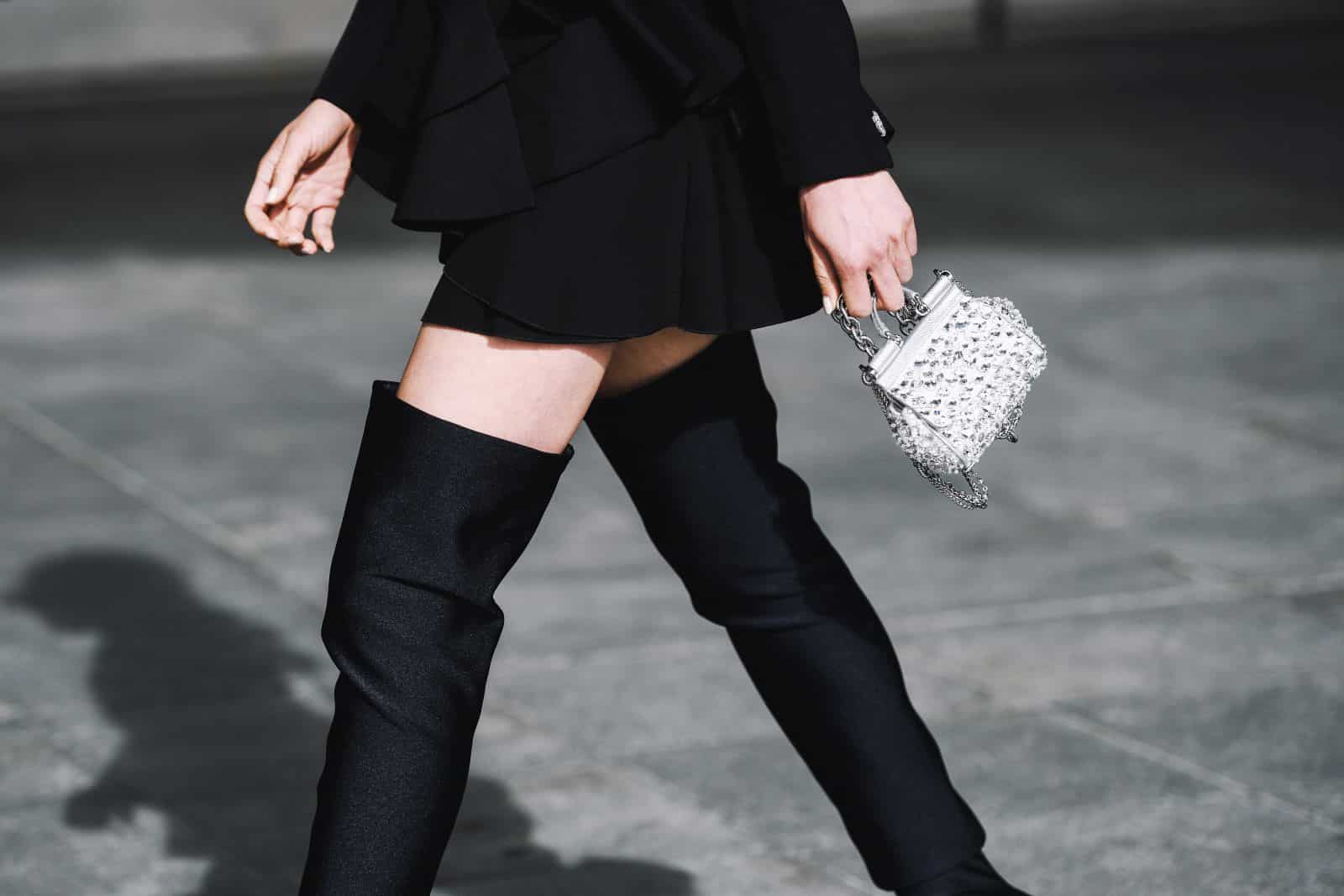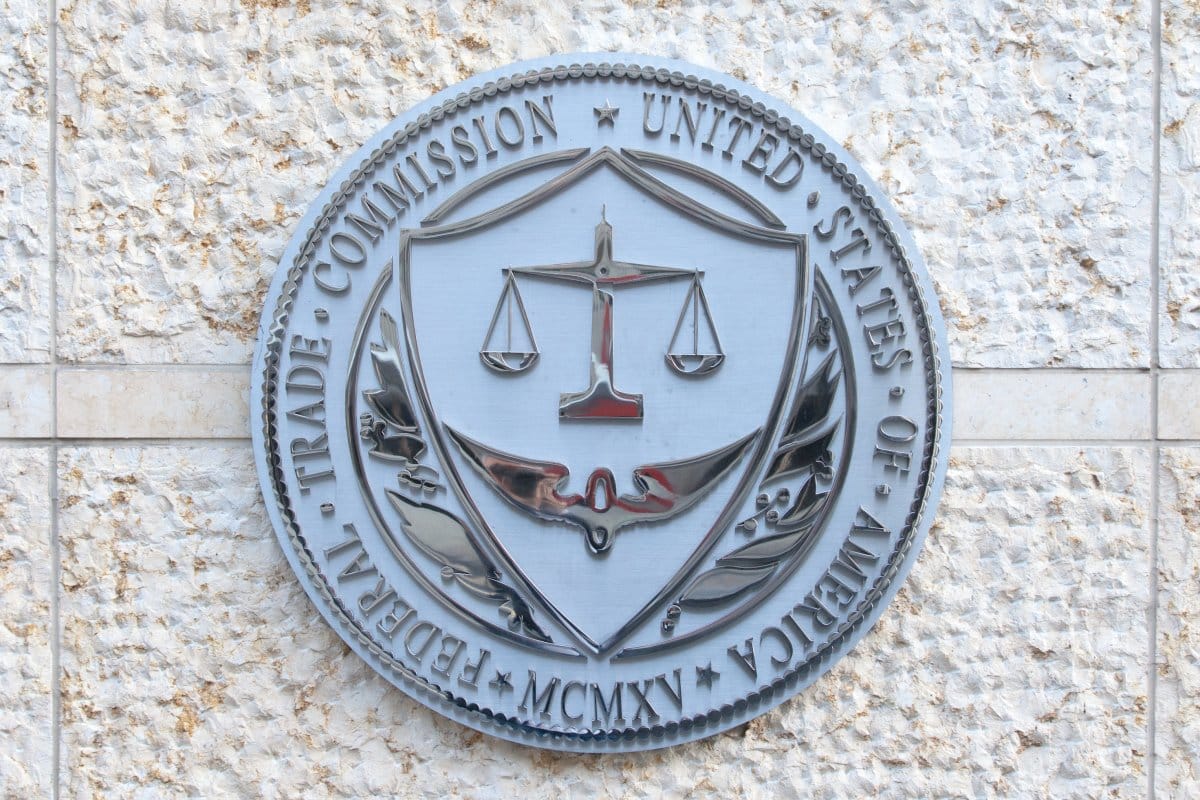The FTC has made another aggressive move to block a corporate merger, this time between two significant players in the luxury shopping and fashion industries.
FTC Moves Against Fashion Merger

The US Federal Trade Commission has declared its decision to sue to block a merger between luxury fashion brand Tapestry and one of its major competitors, multinational fashion holding company Capri.
Coach Under Scrutiny

Tapestry’s parent company Coach has come under intense scrutiny for the attempted $8.5 billion takeover, which the FTC claims would eliminate competition and establish a monopoly over parts of the fashion market.
Unanimous Agreement to Sue

The FTC unanimously agreed to block the deal and filed official complaints with federal and in-house courts on the same day.
“Depriving Millions of American Consumers”

“The proposed merger threatens to deprive millions of American consumers of the benefits of Tapestry and Capri’s head-to-head competition,” the FTC declared in a public statement.
Plenty of Benefits at Risk

They listed the benefits of such company competition as “competition on price, discounts and promotions, innovation, design, marketing and advertising.”
Proposal Goes Back to August 2023

The acquisition of Capri, which was first proposed in August last year, could lead to a specific monopoly on the handbag sector and other affordable luxury products, which would in turn lead to higher prices for consumers.
Potential Impact on Employees

The FTC has also voiced fears that a merger between Tapestry and Capri would have a negative effect on employees in the industry and would give the company more opportunities to decrease wages and workplace benefits.
“Further Entrenching It’s Stronghold”

Henry Liu, the director of the FTC’s Bureau of Competition, released a public statement of his own, asserting that “Tapestry seeks to acquire Capri to further entrench its stronghold in the fashion industry.”
Federal Government Watching Carefully

The potential takeover has arisen during a time when the US federal government is keeping a close eye on multi-million dollar corporate deals that could edge out competition and negatively impact consumer prices and product access.
New Merger Guidelines Established

New merger guidelines had also been established in December by antitrust legislators, with a particular focus on fomenting fair competition amongst rival companies.
First for Fashion

This is the first time President Biden’s anti-trust enforcers have set their sights on the fashion industry since FTC Chair Lina Khan and Justice Department antitrust chief Jonathan Kante were appointed.
Setting Records for Merger Challenges

Together the department leaders have challenged more corporate mergers since these pre-deal federal antitrust reviews were first established in 1976.
Statement from Capri

Capri, which controls major fashion labels like Michael Kors, Versace, and Jimmy Choo, released a statement in response that condemned the FTC decision.
Capri “Strongly Disagrees”

“Capri Holdings strongly disagrees with the FTC’s decision,” the statement read. “The market realities, which the government’s challenge ignores, overwhelmingly demonstrate that this transaction will not limit, reduce, or constrain competition.”
They Will “Vigorously Defend” the Deal

The holdings company made its intentions clear to “vigorously defend this case in court alongside Tapestry and complete the pending acquisition.” Tapestry representatives have also spoken out about the legal move.
Tapestry Responds

Chief Executive Officer Joanne Crevoiserat addressed the FTC block in an interview describing the “intensely competitive” nature of the fashion industry, and the need for companies like Tapestry and Capri to continue expanding and competing.
They “Fundamentally Misunderstood the Marketplace”

“The FTC fundamentally misunderstood the marketplace and the way consumers shop,” Crevoiserat added, referring to the “wide range of brands and price points” that customers have to choose from in the fashion market.
Employee Benefits

Crevoiserat also denied any possibility of the deal harming employees, citing their comparatively high wages when set against other industry employers, and the range of benefits they offer to both full and part-time employees. Together, the two companies employ 33,000 workers.
Competing in the Global Market

Tapestry claimed their intention for the merger was to become more effective and competitive in the global luxury market, giving them a better chance of operating head-to-head against European competitors like LMVH.
Prior Clearance from Other Countries

Prior to the FTC decision, Coach had already received clearance to finalize the deal from the European Union and the Japanese government.
The post – $8.5 Billion Tapestry-Capri Merger Blocked Over Monopoly Fears – first appeared on Wealthy Living.
Featured Image Credit: Shutterstock / Mark Van Scyoc.
The content of this article is for informational purposes only and does not constitute or replace professional financial advice.





